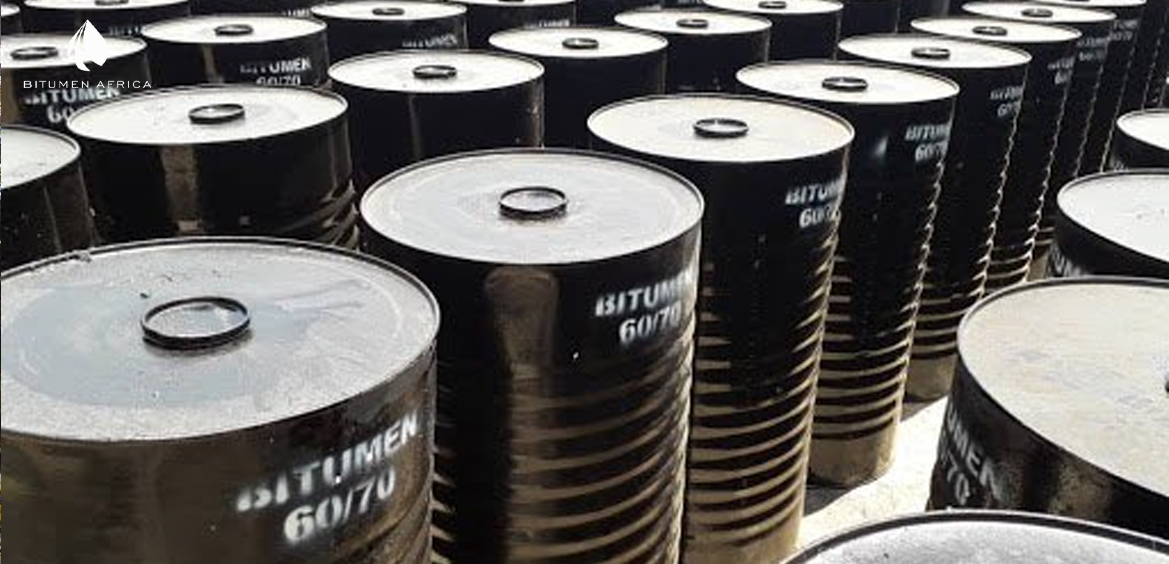60/70 Penetration Graded Bitumen offers excellent durability and longevity, making it a preferred choice for high-traffic roads and infrastructure projects. Its resistance to cracking, deformation, and weathering ensures a long service life and reduced maintenance costs.
Grade 60/70 bitumen refers to a bitumen penetration grade with a penetration value between 60 and 70 at standard testing conditions. The penetration value indicates the hardness of the bitumen, with higher numbers representing softer bitumen. It is a semi-solid petroleum form primarily used in road construction and paving applications.
Also Read: Trading and Exporting Incoterms Explained
Key Properties:
- Penetration Value: 60–70 (measured by how deep a standard needle penetrates the bitumen under specific conditions).
- Viscosity: Adequate viscosity at both high and low temperatures, ensuring stability in various climates.
- Adhesive Properties: Excellent binding ability, making it ideal for bonding aggregates in road construction.
Uses of Grade 60/70 Bitumen:
- Road Construction (Asphalt Pavements):
- Used as a binder to mix with aggregates in hot mix asphalt, forming a durable surface for highways, roads, and runways.
- Waterproofing:
- Applied in the construction of roofs and waterproofing membranes for their impermeability to water.
- Repair and Maintenance:
- Employed for patching and sealing cracks in asphalt pavements to extend the life of road surfaces.
- Industrial Uses:
- Utilized in producing protective coatings for pipes and other metal surfaces.
Its balance of hardness and flexibility makes Grade 60/70 bitumen one of the most commonly used types of bitumen in warm to moderate climates.

